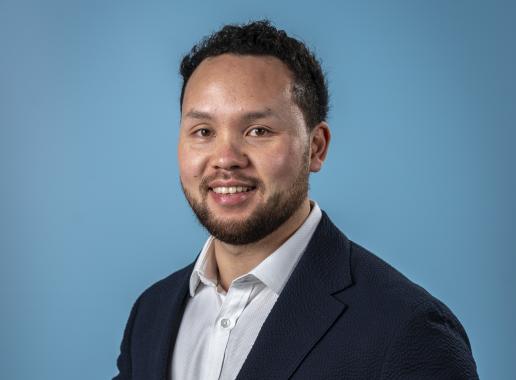Our WHO Collaborating Centre (WHO CC) provides technical input to support and inform WHO’s work in supporting Member States on laboratory preparedness and biorisk. Targeted detection (viruses, bacteria, parasites, fungi), non-targeted detection (disease “x”, One Health perspective) and Biorisk management are fields of expertise covered by our WHO CC. They are included in the following activities.
Our team
Chantal Reusken

Chantal Reusken
Saskia Rutjes

Saskia Rutjes
Iris Vennis

Iris Vennis
Jerome Lock-Wah-Hoon

Jerome Lock-Wah-Hoon
Lance Presser

Lance Presser
Joris Sprokholt

Joris Sprokholt
Rik Bleijs

Rik Bleijs
Robert-Jan ten Hove

Robert-Jan ten Hove
Sjors Schulpen

Sjors Schulpen